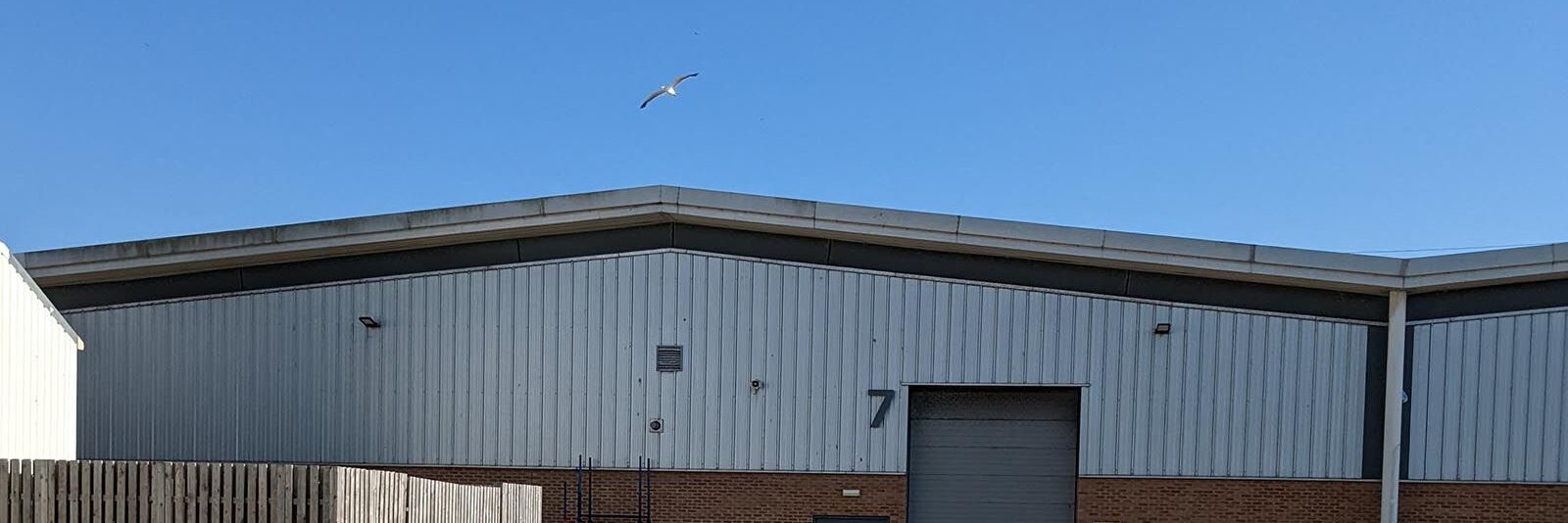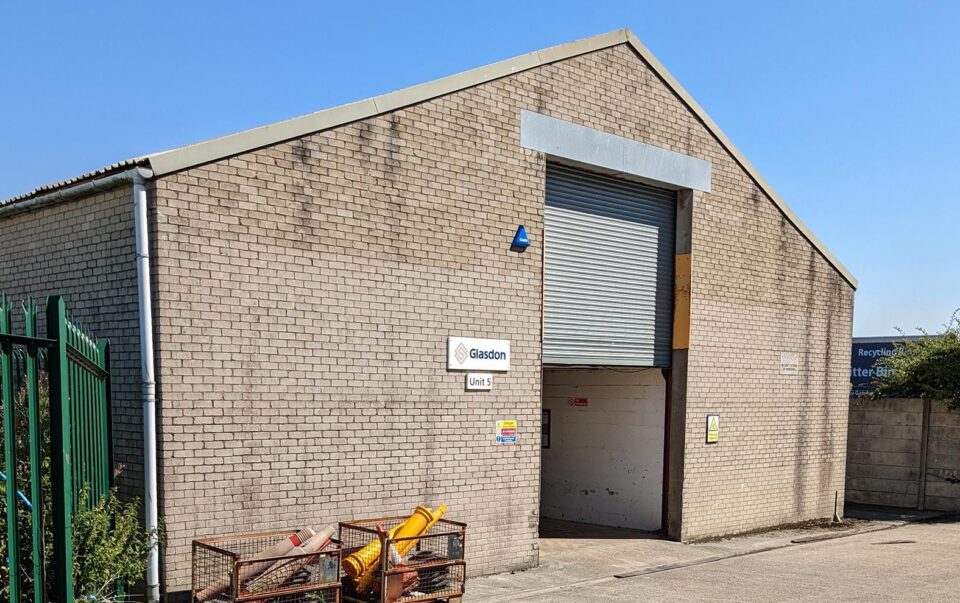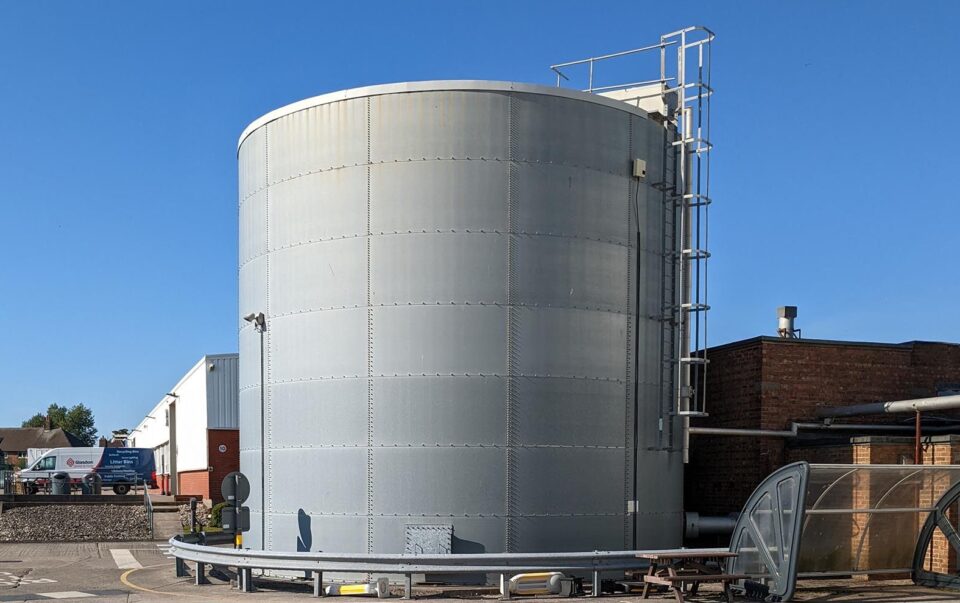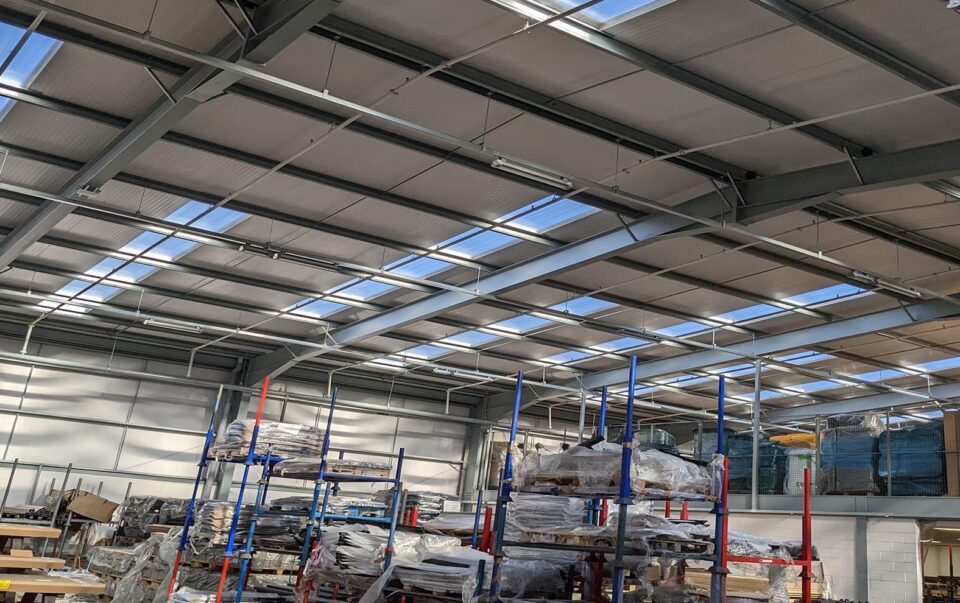
Glasdon Group: Net Zero Carbon Planning
Blackpool
Glasdon Group is a Private Ltd Company
Commercial
Industrial Warehouse and Net Zero Targets
Energy
Decarbonisation Strategy and Feasibility
MEP Design
Mechanical and Electrical Services Design
Mantis supported Glasdon Group in developing a comprehensive Net Zero Carbon strategy across their industrial and office estate in Blackpool.
With multiple warehouses, storage units, and office buildings, the client required technically robust decarbonisation plans tailored to each building type. Our work combined detailed site surveys, energy modelling, and mechanical design proposals to deliver actionable guidance for future low-carbon investments.
Project Context and Technical Challenge
Glasdon Group operates a large industrial site with multiple building typologies, each with unique energy demands and operational patterns. Key challenges included:
-
Diverse building uses requiring tailored decarbonisation strategies
-
Ageing mechanical and electrical systems with varying efficiency
-
Complex energy flows across manufacturing, storage, and office environments
-
Requirement for actionable, investment-ready recommendations to support Net Zero Carbon goals
Our approach needed to combine strategic oversight with technical precision, ensuring each building could progress toward low-carbon performance without disrupting operations.

Detailed Site Surveys and Data Collection
Mantis conducted comprehensive surveys across all site assets, capturing:
-
Mechanical and electrical infrastructure condition
-
Heating, cooling, and ventilation performance
-
Energy usage patterns and load profiles
-
Fabric performance, insulation levels, and thermal efficiencies
This high-resolution data formed the foundation for robust building energy modelling and scenario analysis, enabling precise recommendations for decarbonisation interventions.

Energy Modelling and Simulation Analysis
Using collected data, we developed building energy models to simulate energy flows, efficiency measures, and carbon reduction potential. Outputs included:
-
Predicted energy consumption under current operations
-
Potential savings from low-carbon heating, ventilation, and fabric upgrades
-
CO₂ reduction projections for multiple decarbonisation scenarios
-
Prioritisation of interventions based on technical feasibility, cost, and impact
This analytical framework allowed Glasdon Group to make evidence-based decisions on where to invest for maximum carbon reduction.

Heat Decarbonisation Plans and Mechanical Proposals
Mantis delivered Heat Decarbonisation Plans (HDPs) for each building, outlining:
-
Replacement strategies for end-of-life heating systems
-
Opportunities to integrate low-carbon technologies (e.g., heat pumps, hybrid systems)
-
Phased investment strategies to balance operational continuity with carbon reduction
-
Mechanical design proposals aligned with future-proofed, RIBA-aligned low-carbon project delivery
Each plan was tailored to the building type, ensuring practicality and alignment with the client’s operational requirements.

Monitoring and Future Strategy
We also proposed a monitoring system strategy to track energy usage, efficiency improvements, and ongoing carbon reduction. This ensures that any future Net Zero initiatives can be measured, evaluated, and optimised over time, creating a data-driven roadmap for continuous improvement.

Contact us to find out more
If you are thinking about making your home more energy efficient or you have grand plans to build your own net zero carbon home then you have come to the right place.